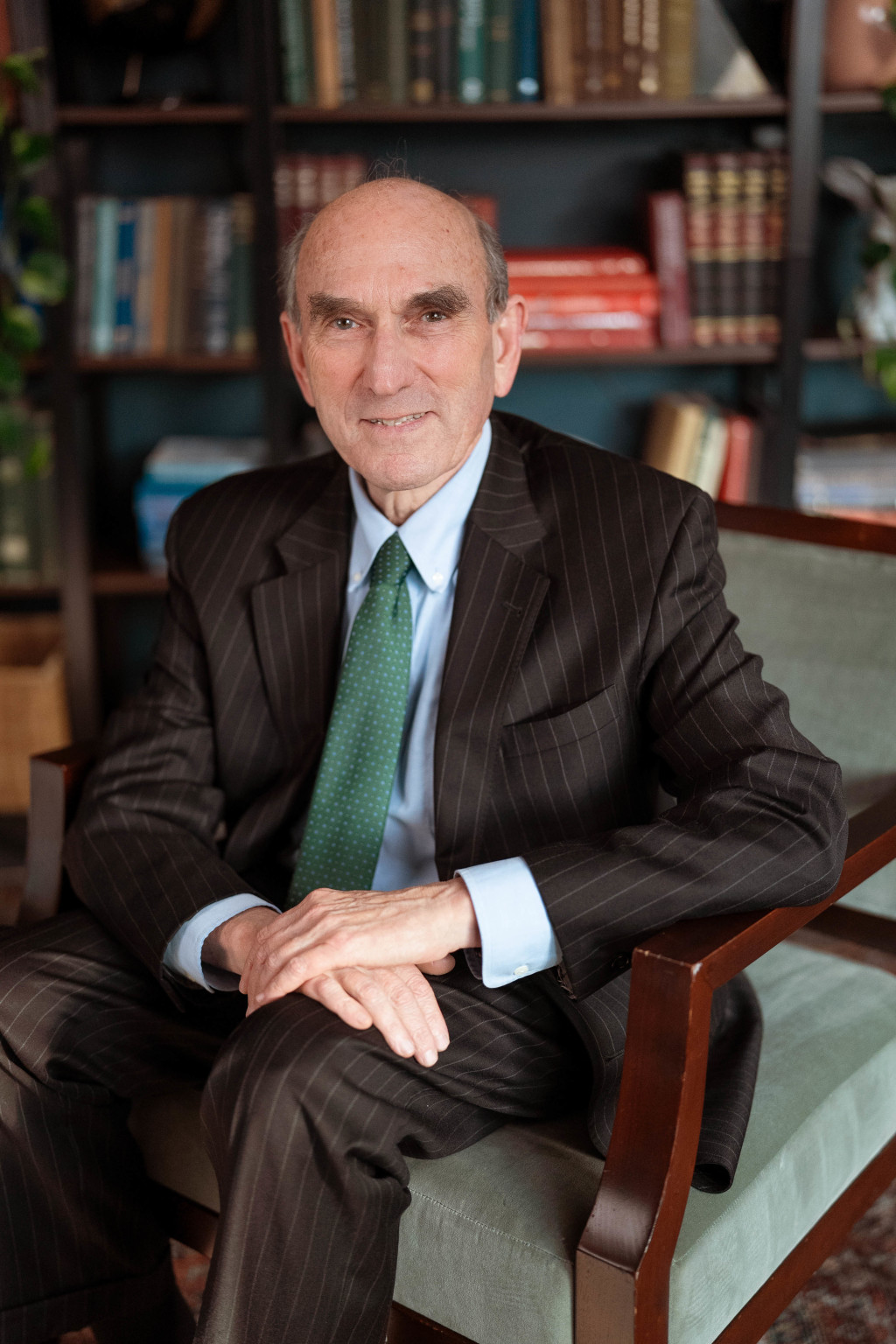Amnesty International’s Attack on Ukraine
Amnesty International’s recent attack on Ukraine raises yet again the issue of how the size, governance, and influence of the largest human rights organizations may damage the cause of human rights.
The cause of human rights is now at risk from the largest organizations dedicated to its protection.
Earlier this summer I wrote, here at the CFR web site, an article entitled “Quis Custodiet Ipsos Custodes?” and a blog entry of the same title. There I argued that “the issues of oversight, governance, and bias at the two largest NGOs, which dominate the field globally, cannot be overlooked.” Those two organizations are Human Rights Watch and Amnesty International. As I wrote,
In 2021, Human Rights Watch had $256 million in assets and revenue of $130 million. It employs more than 500 staff members in 105 locations globally and has an annual budget of $97 million. Amnesty International is even larger, raising $436 million in 2020 and spending $376 million.
It is critical to examine their size and influence: compared to many NGOs in the field of democracy promotion and human rights, they are behemoths whose staffs and spending dwarf others in the field. Both organizations maintain large public relations staffs and their reports attract enormous attention.
An example of the bias and the damage to the cause was examined this week by Gerald Steinberg, president of NGO Monitor (where I serve on the International Advisory Board) in the on-line magazine Quillette. In an article entitled “False Accusations and Ideological Bias: Amnesty International, Ukraine, and the Illusion of NGO Fact-Finding Expertise,” Steinberg tells the outrageous tale of Amnesty’s accusations against Ukraine as it defends itself against Russia’s invasion. As Steinberg puts it,
The intense debate triggered by an Amnesty International report alleging Ukrainian violations of international law highlights wider questions of credibility and bias in the campaigns led by powerful NGOs which purport to advance human rights agendas.
Amnesty’s report is entitled “Ukraine: Ukrainian fighting tactics endanger civilians.” Amnesty’s criticisms of Ukraine for allegedly violating international humanitarian law were a gift to Russia and quickly became part of Russian propaganda. That would be unfortunate but acceptable were its conclusions fair—but they are not, nor are they reliable. Steinberg notes the comment of the Royal United Services Institute in London that “The @amnesty report demonstrates a weak understanding of the laws of armed conflict, no understanding of military operations, and indulges in insinuations without supplying supporting evidence.” Amnesty’s tendentious report led the person who had headed its branch in Kyiv for seven years, Oksana Pokalchuk, to resign in protest. In an op-ed in the Washington Post, she explains that Amnesty did not consult their local branch nor did it --until pressured heavily--even intend to seek a comment from the Ukrainian government. Steinberg reports as well that “On August 10th, Swedish branch co-founder Per Wästberg, announced: ‘I have been a member for over 60 years. It is with a heavy heart that, due to Amnesty’s statements regarding the war in Ukraine, I am ending a long and fruitful engagement.’”
One must wonder again about governance. In cases such as these, where credible sources contradict and indeed denounce Amnesty’s work and where dedicated personnel resign, does anyone at Amnesty care? Are trustees, donors, and officials of the Amnesty USA branch asleep or uninterested? The sheer dominance of Amnesty and Human Rights watch makes these important questions for the cause of human rights. It is deeply unfortunate, and one might even say scandalous, that we have no answers.
